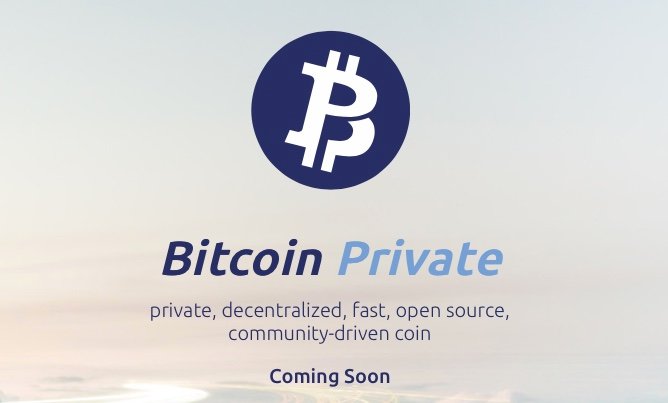For the past week or so, I have been thinking about the case of the Classic-Bitcoin hard fork. Not on the benefit we could all enjoy (anonymity, accessible mining algorithm) or all to optimise my balance of future Bitcoin private, but more on the technical feasibility of what the issuer of the coin is trying to achieve.

The Bitcoin Private team claims that any Bitcoin (BTC) holder will receive 10 Bitcoin Private (BTCP). The same will happen for Zclassic (ZCL) holder with the same 1:1 ratio.
Given that Bitcoin and Zclassic aren't sharing the same blockchains (i.e. the same balances as well as code), the first straight forward idea would be to add both chains in 1. All balances of the Bitcoin ledger and the Classic ledgers will be listed in 1 unique ledger to reference them all.
The case of the public key format
The public key of a Bitcoin wallet is formed by 34 characters. Zclassic's format uses 35. This proves 1 thing: there shouldn't be any public shared by both block chains. Somehow, it's a good thing.
Going forward, can we have a blockchain with 2 length of public key? I believe that if the code supports and recognise (through controls) both chain of characters, it could work.
This solution would generates more questions on my side:
1- What would be the format of new wallet created on the chain? 34 or 35 digits?
2- Is the handling of 2 types of public key generating any safety issue?
3- Would 2 types of public key greatly increase the complexity of the anonymity algorithm (zk-starks)?
The case of the air drop.
Even though we are being told now that the hard fork will happen, what if they were actually snapshotting the Bitcoin and Zclassic chains at certain block and proposing a air drop in their new chain? Similarly to Bitcoin Rhodium, they would create a new wallet to the user and credit it with the amount of BTCP based on the public key signed (certification that you're the owner).
I haven't dig into the risk of such methodology, but it appears quite simple to me. But, again, the words used by the Bitcoin Private team clearly state "hard fork", so it's probably not the chosen option.
I tried googling the process they would use but failed finding any details about it. The official website (https://btcprivate.org) doesn't say much of the process that will be used as well.
Feel free to shade some light on the topic using the comment section!